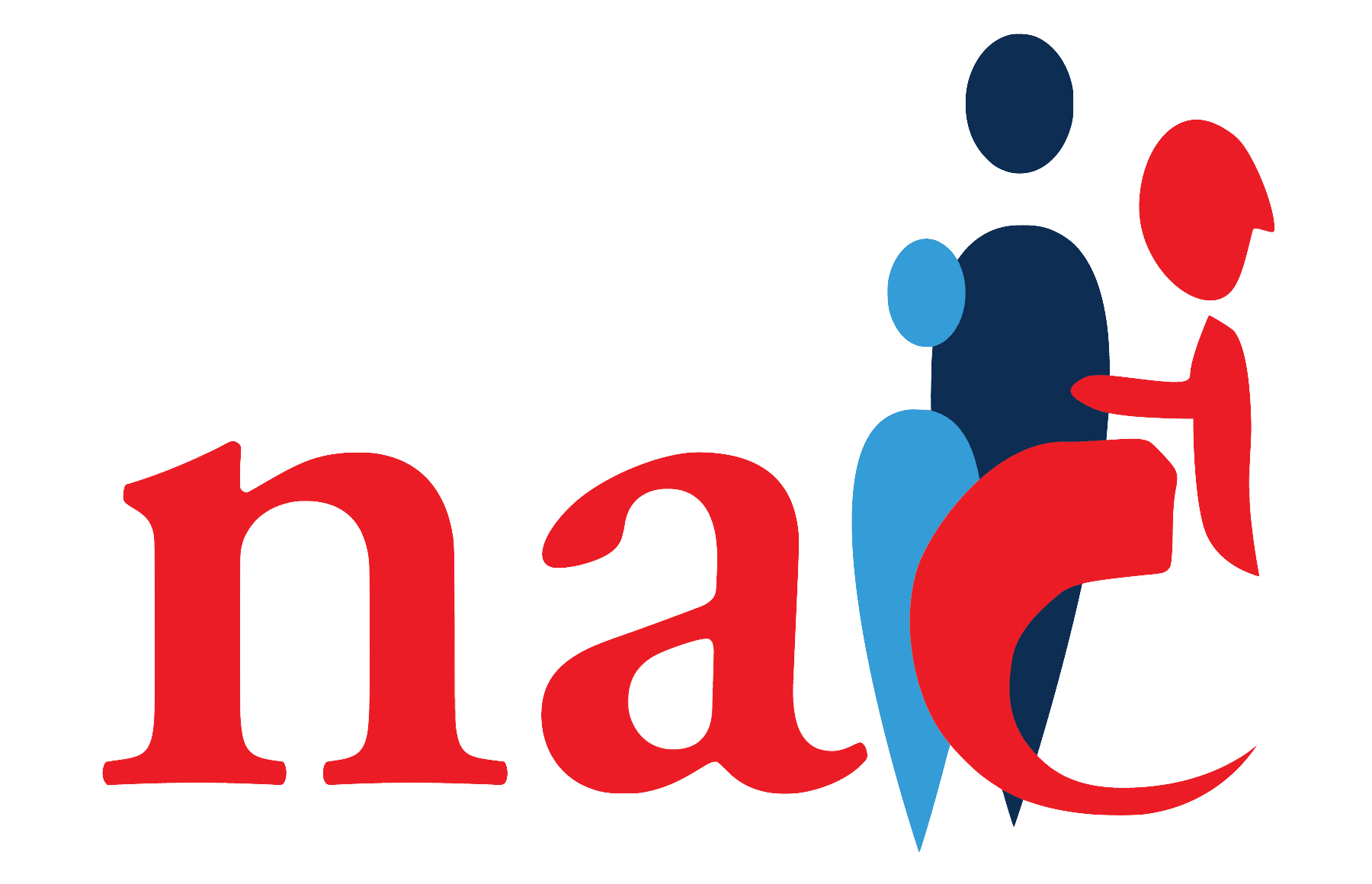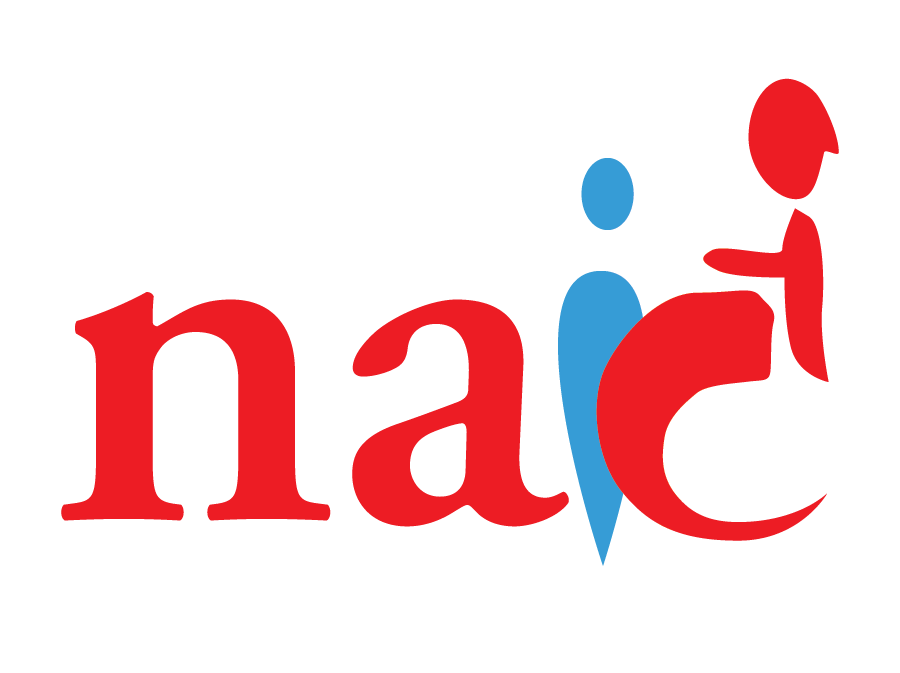Here are some highlights from this week’s news on caregiving and aging:
Informal Caregiving for Elderly Stroke Patients Costs $26.8B
Cardiovascular Business | October 14, 2014
“A study published online Oct. 10 in Neurology added the price of informal caregiving for elderly stroke survivors in the U.S. to the equation: almost $27 billion annually.”Caregiving Kids May Be at Risk
Psych Central | October 12, 2014
“While most preteens and adolescents play sports or video games after school, new research has found that more than 1.3 million kids spend their free time caring for a family member who suffers from a physical or mental illness or substance misuse.”Caregiving Takes Two Hands: High-Touch and High-Tech
Big Think (Opinion) | October 13, 2014
“I believe that there’s a right way to incorporate robotics and AI into how we age: simultaneously making the frailest years of life better for the very old, forestalling the onset of dependency for as long as possible, and helping caregivers. Remember, the vast majority of care that is provided to older adults happens in informal, not institutional, settings.”Joan Lunden on Challenges, Grief, and Caregiving
Huffington Post | October 17, 2014
“She came to talk to the gathered boomer-and-beyond crowd about caregiving – a role she had played with her mother, who died in 2013. But with bright eyes and a perfectly coifed hairstyle, Lunden said she wanted first to address ‘the elephant in the room.'”Cool Link of the Week
Researchers Replicate Alzheimer’s in a Petri Dish
New York Times | Oct. 12, 2014Want news like this in your Inbox? Subscribe here.

